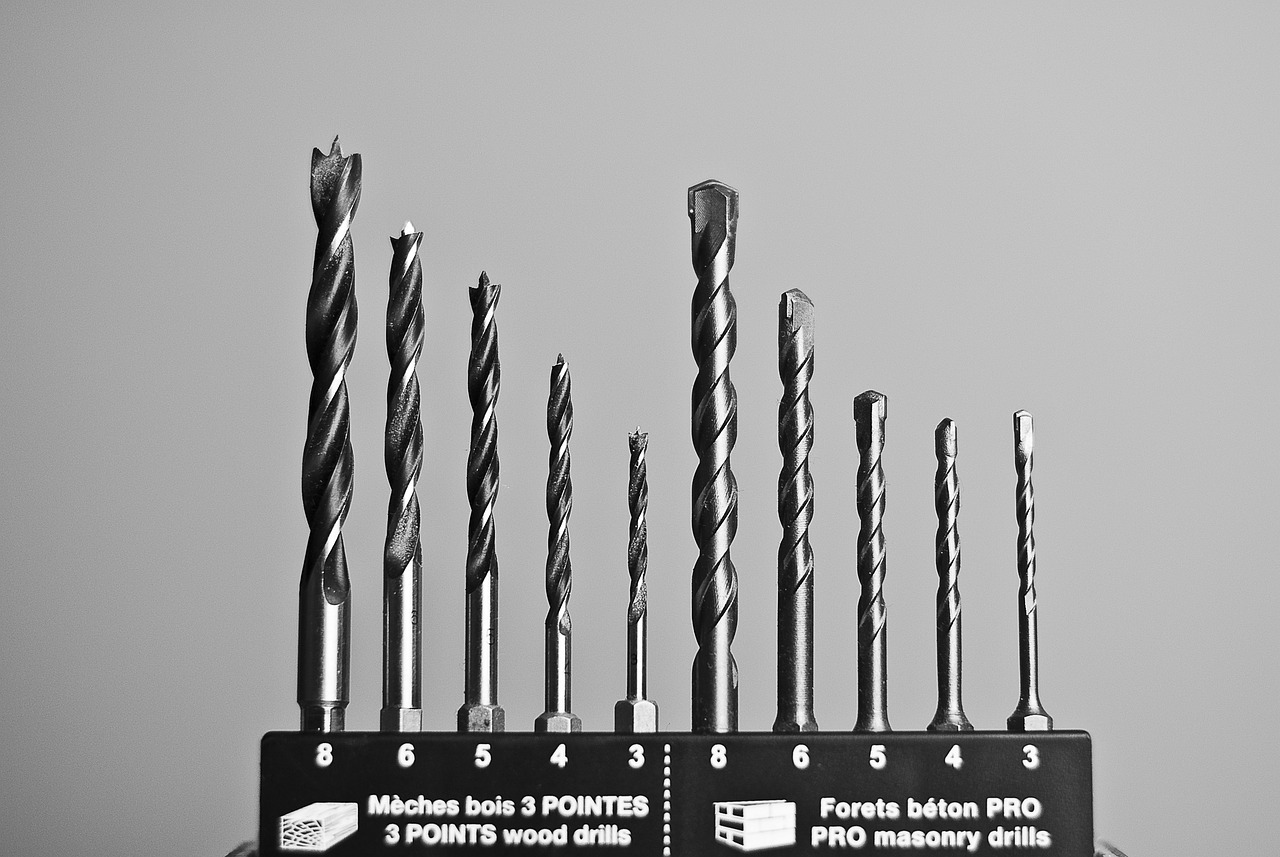Fitness Trackers: Choosing the Right Device for Your Needs
Fitness trackers have become increasingly popular in recent years, offering users a convenient way to monitor their physical activity, track their workouts, and stay motivated to achieve their fitness goals. With so many options available on the market, choosing the right fitness tracker can be overwhelming. In this article, we’ll explore how to choose the right fitness tracker for your needs, considering factors such as features, design, compatibility, and price.
Design and Comfort:
When choosing a fitness tracker, consider the design and comfort of the device, as you’ll be wearing it throughout the day and during workouts. Look for a tracker that is lightweight, comfortable to wear, and has a secure fastening mechanism to prevent it from slipping off during physical activity. Consider factors such as band material, clasp type, and overall aesthetics to ensure that the tracker fits your personal style and preferences.
Activity Tracking Features:
Consider the activity tracking features offered by the fitness tracker, such as step counting, distance tracking, and calorie burn estimation. Look for a tracker that accurately measures your daily activity levels and provides insights into your progress towards your fitness goals. Consider additional features such as sleep tracking, heart rate monitoring, and GPS tracking for more comprehensive fitness tracking capabilities.
Workout Tracking:
If you engage in specific types of workouts or sports, consider the workout tracking features offered by the fitness tracker. Look for a tracker that supports your preferred activities and provides detailed metrics such as pace, distance, and elevation gain. Consider additional features such as automatic workout detection, guided workouts, and real-time coaching for enhanced workout tracking and performance optimization.
Smartwatch Features:
Some fitness trackers double as smartwatches, offering additional features such as smartphone notifications, music control, and app integration. If you’re looking for a multifunctional device that can also serve as a smartwatch, consider a fitness tracker with smartwatch features. Look for compatibility with your smartphone’s operating system and consider additional features such as contactless payments, onboard storage, and app support for added convenience and versatility.
Battery Life:
Consider the battery life of the fitness tracker, as longer battery life means less frequent charging and more uninterrupted use. Look for a tracker with a battery life of at least several days to a week, depending on your usage patterns and preferences. Consider factors such as battery type, charging method, and power-saving features to ensure that the tracker meets your needs for long-term use.
Water Resistance:
If you plan to wear your fitness tracker during water-based activities such as swimming or showering, consider the water resistance rating of the device. Look for a tracker with a water resistance rating of at least IP67 or higher, indicating that it can withstand immersion in water up to a certain depth and duration. Consider additional features such as swim tracking, stroke detection, and waterproofing for enhanced water resistance and durability.
Price and Value:
Finally, consider the price and value of the fitness tracker, taking into account your budget and the features offered by the device. Look for a tracker that offers the best combination of features, design, and performance for the price, ensuring that you get the most value for your money. Consider factors such as brand reputation, warranty coverage, and customer reviews when comparing different fitness trackers to make an informed decision.
FAQs
Q: Are fitness trackers accurate?
A: Fitness trackers vary in accuracy depending on factors such as sensor technology, algorithms, and user calibration. While most trackers provide reasonably accurate data for everyday activity tracking, they may be less accurate for specific activities such as weightlifting or cycling.
Q: Do fitness trackers work without a smartphone?
A: Yes, many fitness trackers can function independently of a smartphone, allowing you to track your activity, view your stats, and sync your data without needing to connect to a smartphone. However, some features such as GPS tracking and smartphone notifications may require a smartphone connection.
Q: Can fitness trackers help you lose weight?
A: Fitness trackers can be a useful tool for weight loss by providing insights into your activity levels, calorie burn, and progress towards your fitness goals. By monitoring your activity and making informed lifestyle changes, you can use a fitness tracker to support your weight loss efforts and improve your overall health and fitness.





